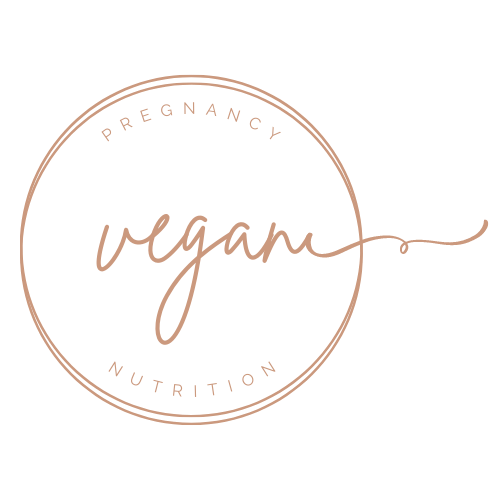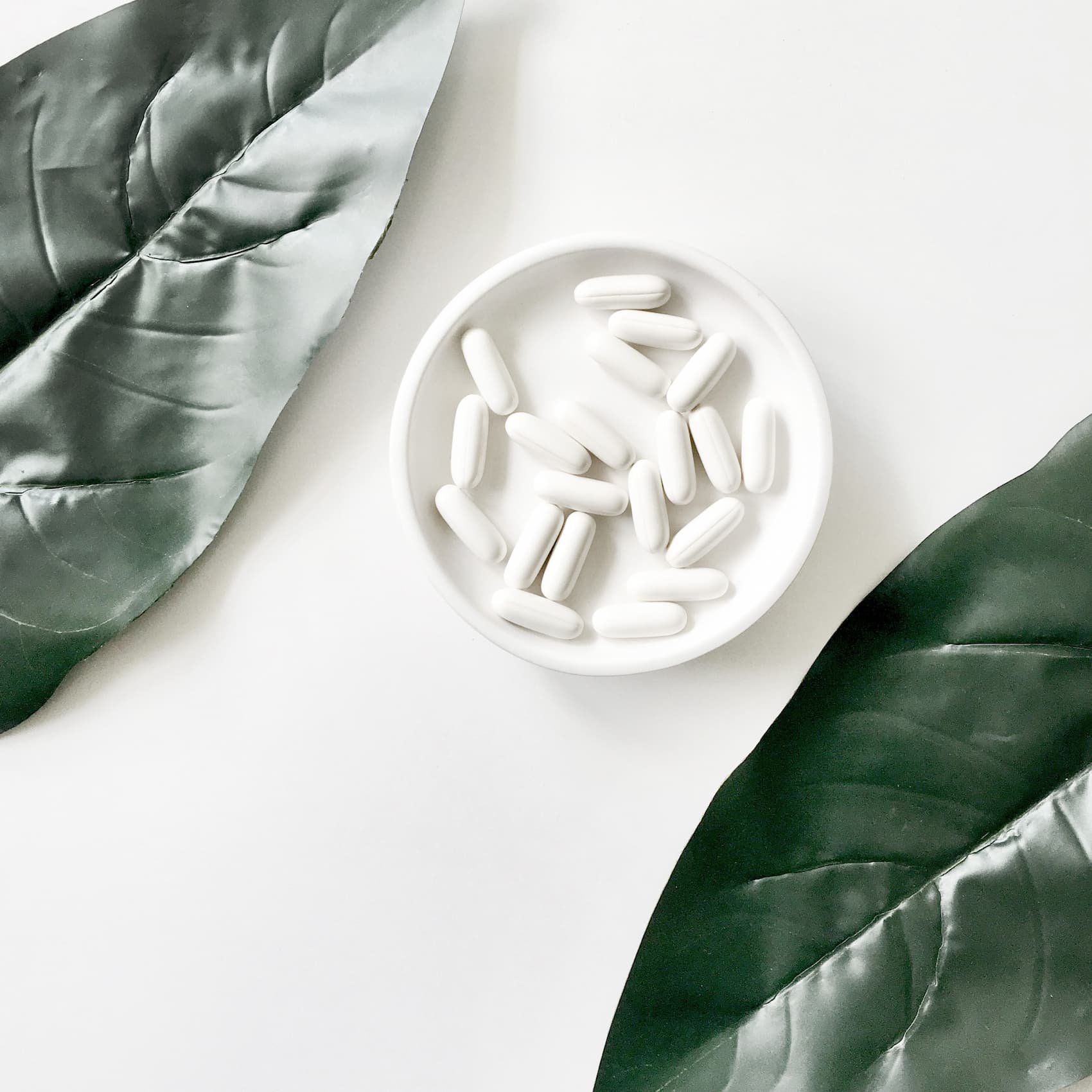Here are the 5 super important vitamins your prenatal routine needs
written by Clarissa Hauber, edited by Maya Bach, MPH, RDN
“What is the best vegan prenatal supplement?”
One of the biggest questions that vegan mamas-to-be might have at the beginning of their pregnancy journeys is about whether they should be taking a supplement and, if so, what kind.
It can be confusing to understand what supplements you need among the information overload online and the aisles upon aisles of different types of supplements at the supermarket.
Below is a list of the five essential nutrients for vegan mamas-to-be. While these are important to supporting a healthy pregnancy, talk to your doctor before beginning any new supplement.
1. DHA
DHA is a type of omega-3 fatty acid that is vital in ensuring your baby's proper brain growth and development. While most commonly found in fish, DHA can also come from plant-based sources. Algae oil is the best vegan-friendly source of DHA to support your pregnancy. Vegan-friendly DHA can be found online and at your local grocery store (like this DHA supplement on Amazon). In addition, some prenatal companies have begun to add algae oil to their formulations, so be on the lookout! It’s worth noting that while flax seeds and walnuts are good sources of omega-3 fatty acids, due to poor conversion rates, no DHA is found in these plant-based foods, making supplementation necessary.
2. Folic acid or folate
While folate and folic acid are often used interchangeably, they are different forms of B9, arguably the most vital nutrient to help your baby develop properly and prevent neural tube defects (NTDs). Folic acid is synthetic, while folate is naturally occurring, present in various foods, including dark green leafy greens, citrus fruits, peas, and grains. So should you opt for folate or folic acid in your prenatal supplement? This depends on your diet and your health history. Many clinicians default to folic acid due to the number of studies that connect the nutrient to a reduced risk of developing NTDs. However, for some vegan mamas, folic acid isn't as readily absorbed in the body. Pregnant people may benefit from supplements with the methylated form of folate, especially for those with the MTHFR gene mutation, which affects ~25% of Hispanics and ~10% - 15% of white Americans. Check with your doctor or dietitian on which might be best for you.
3. Iodine
While pink Himalayan salt might be your go-to, it may not be the best choice of salt for your pregnancy. Pink Himalayan salt is generally not iodized, so it does not have the mineral iodine that is important for a healthy pregnancy. Iodine is essential in supporting normal thyroid function and your baby's growth and development. Because dairy products are a primary source, some studies show that vegan women may have lower concentrations of iodine. Opt for iodized table salt when cooking to help achieve adequate iodine levels during your vegan pregnancy or discuss supplementation with your doctor. A favorite in the Vegan Pregnancy Collective: Mary Ruth’s drops.
4. Iron
During pregnancy, your iron needs increase as the volume of blood increases in your body. Thus, it's essential to ensure you are getting enough iron. Try reaching for iron-fortified foods, such as bread, cereals (this one here meets 15% of your average daily intake!), and meat alternatives, to add to your diet. Hemp hearts are another great source of iron. However, try not to take your iron supplement in proximity to eating calcium-rich foods or beverages, as calcium may block iron absorption. Note that prenatal supplements vary widely in how much iron they offer per serving. If you have a history of low iron or are struggling to meet your iron needs, talk to your doctor about a separate liquid or capsule iron supplement in addition to your prenatal.
5. Choline
You might've heard that eggs are essential for a healthy pregnancy because of having choline. While it's neither a vitamin nor mineral, choline is a necessary nutrient for the body. During pregnancy, getting choline from food or partially via supplementation is essential for helping your baby's brain and spinal cord develop. Some prenatal supplement companies have begun adding choline to their formulations, so be sure to check you're prenatal before starting a separate choline supplement.
Bottom line:
Always check with your doctor before starting a new supplement. There is no "one-size-fits-all" approach for prenatal supplements, and it's essential to consider as a vegan mama what you're eating when choosing the best supplement for your body and baby.
Sources:
Ready to grow a healthy baby as a vegan mom-to-be!
Join like-minded women inside the Vegan Pregnancy Collective to get the tools you need so you can stop worrying and wasting time Googling all things vegan pregnancy!







